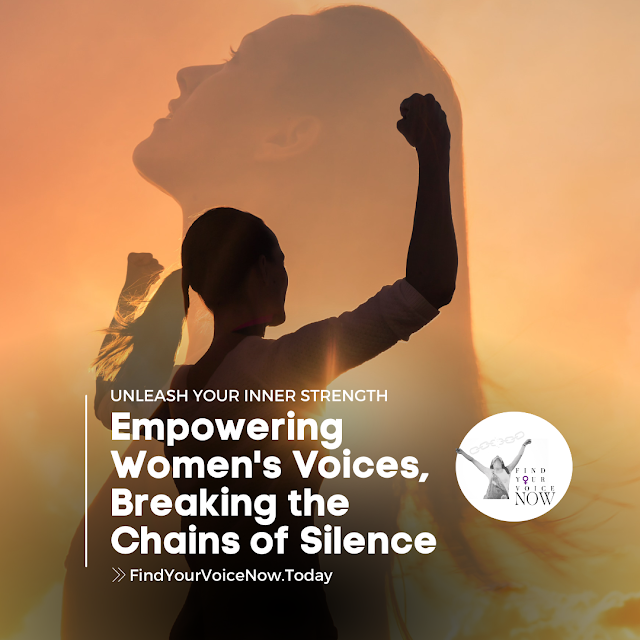She’s off to a good start, with 328 current members of Find Your Voice Now some frequently attending free support-group sessions on Zoom every other week – joining in from the Cleveland area, nationally, and from as far away as Mexico, Canada, Israel, and Australia. She envisions such chapters of Find Your Voice Now being hosted in cities across the country and around the world.
“This is so prevalent in so many people’s lives,” Roth said of the many forms of emotional abuse – not just in marriage and other romantic relationships. “If an employee is being harassed by a manager, that is not acceptable.” Other examples of emotional abuse include daughters seeking independence from domineering mothers, and relationships among co-workers, siblings, friends, partners.
On a flight to Seattle two years ago, Roth’s seatmate was a woman with whom she had similar experiences with a stressful previous relationship. They shared ideas about what would have been helpful when they were going thought their hardships – and at the top of their list was a women’s support group to help them navigate their challenges. By coincidence, they shared the same flight back to the Midwest. Further conversation led to creation of Find Your Voice Now.
The key, they agreed, was finding your own voice after being deprived of an identity. “We can’t control others’ behavior, but we can control our response in how we deal with it,” Roth said.
For 17 years – long before Find Your Voice Now – Roth has been a certified wellness coach. Even though the support group will always be free, and available to every woman in need, she also deals with toxic relationships and lifestyle changes in her private practice, Functional Wellness Inside and Out.
Find Your Voice Now got started amid the COVID pandemic, and meetings were virtual. As COVID waned, meetings continued on Zoom because it works well for participants. Meetings typically have 15 to 20 people. Roth said sessions include long-timers, as well as those who come in a few times. Others come back for periodic support.
“I have regulars – I like that community feeling,” she said. “But it’s always a success when I have one or two new people. There’s a loose agenda. After introductions, I ask if anyone has anything pending – affecting that person at that moment, or someone who needs some help right now. These women communicate – they share stories they wouldn’t share anywhere else. That’s the safe space we want to provide. It's support when you need it – we will work on your timeframe.”
Roth added that the openness of the sessions has been “immensely rewarding” for her as well as helpful to participants. The meetings are never recorded, “so everyone is protected and comfortable.”
She also emphasizes that support is different than therapy. Therapy is a vertical relationship with a therapist assessing and working one-on-one with an individual or couple. “Group support,” she said. “is horizontal. We’re all equal, and there is no judgment; we’re on the same plan and are all there to hear, share, comfort, and help each other heal.”
“Humans are not naturally healthy alone,” Roth said. “We are social people. We need to meet other people, to find and discover other things. And we don’t need to face our problems alone.”
Crissy Devine, Web Chick
Website designed by WebChick.com, Central Ohio Web Designers



